The COVID-19 virus has not been detected in drinking water. Conventional water treatment methods that use filtration and disinfection, such as those in most municipal drinking water systems, should remove or inactivate the virus that causes COVID-19.
Sewerage refers to the physical facilities (e.g., pipes, lift stations, etc.) through which sewage flows. At this time, the risk of transmission of the virus is thought to be low. Although transmission may be possible, there is no evidence to date that this has occurred. Wastewater workers (including others in that environment) should use standard practices, including taking basic hygiene precautions and wear PPE.
Currently, studies suggest that there is likely very low risk of spread from food products or packaging that are shipped over a period of days or weeks at either ambient or refrigerated temperatures. So far, evidence suggests that it’s harder to catch the virus from a soft surface (fabric) than hard objects or surfaces.
- Know how it spreads. Avoid being exposed to the virus.
- Wash hands frequently using soap and water for at least 20 sec. If not available, use hand sanitizer that contains at least 60% alcohol.
- Avoid touching your eyes, nose, and mouth.
- Avoid close contact with people who are sick. Depending on the current local community situation, put distance between yourself and others.
- Stay home if you’re sick.
- Cover your mouth and nose with a tissue when you cough or sneeze or use the inside of your elbow (Dracula style).
- Throw used tissues in the trash and immediately wash your hands.
- Wear a facemask if you are sick.
- Clean AND disinfect frequently touched surfaces daily.
The World Organization for Animal Health has cautioned that there is no evidence of pets transmitting the virus to humans: “However, because animals and people can sometimes share diseases … it is still recommended that people who are sick with COVID-19 limit contact with companion and other animals until more information is known about the virus.” Recommendations for all pet owners is to wash your hands before and after handling your pet and don’t let them lick you on the face.



